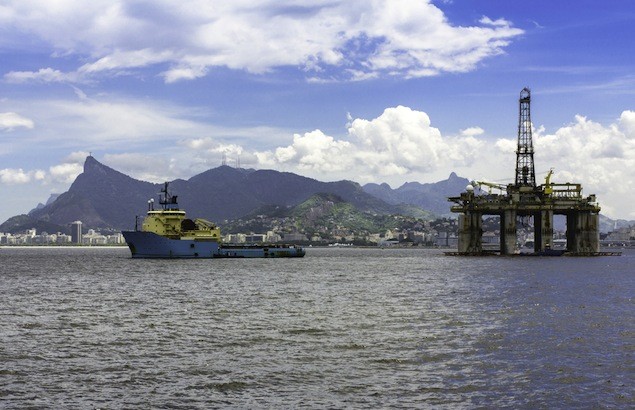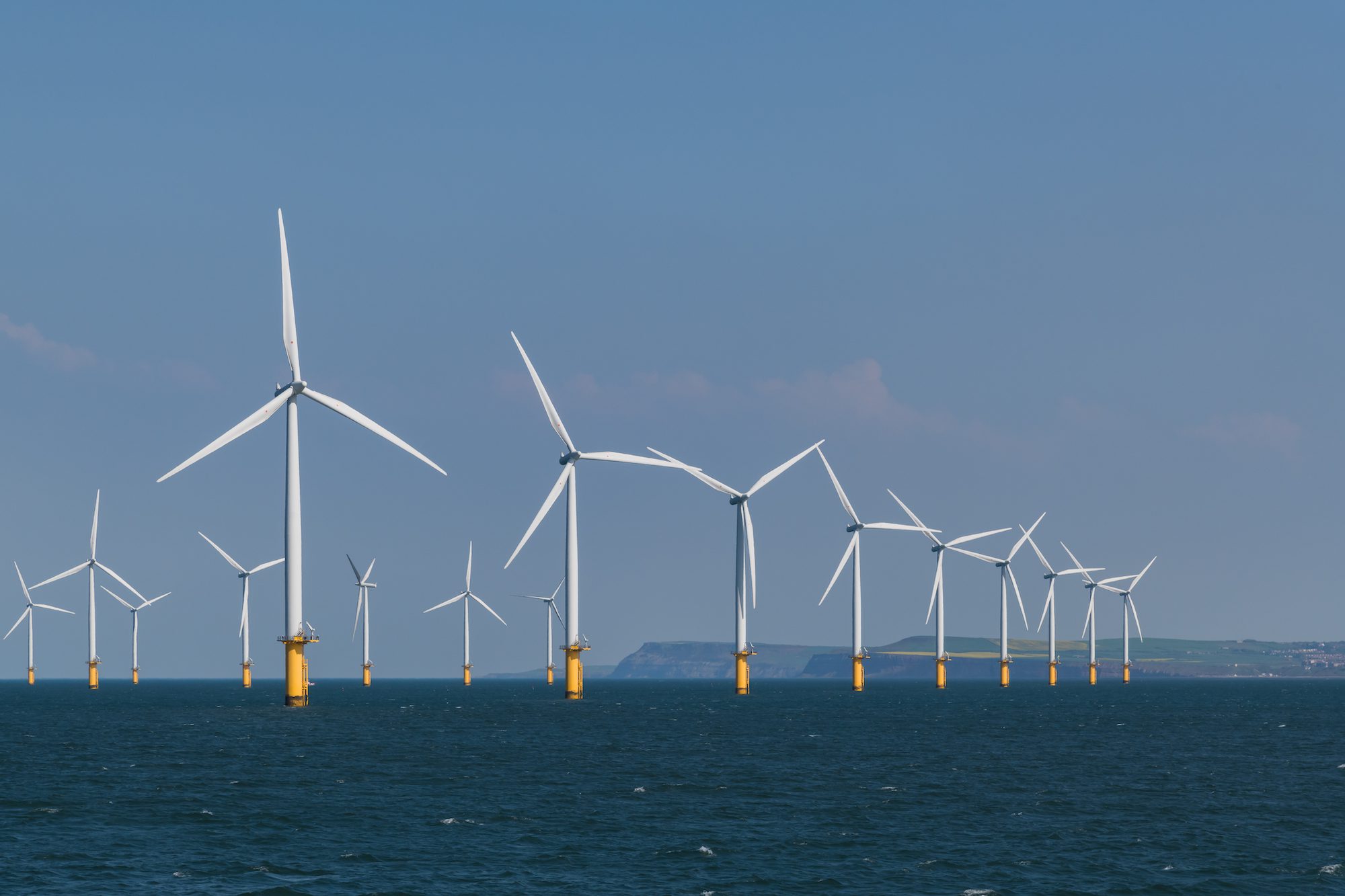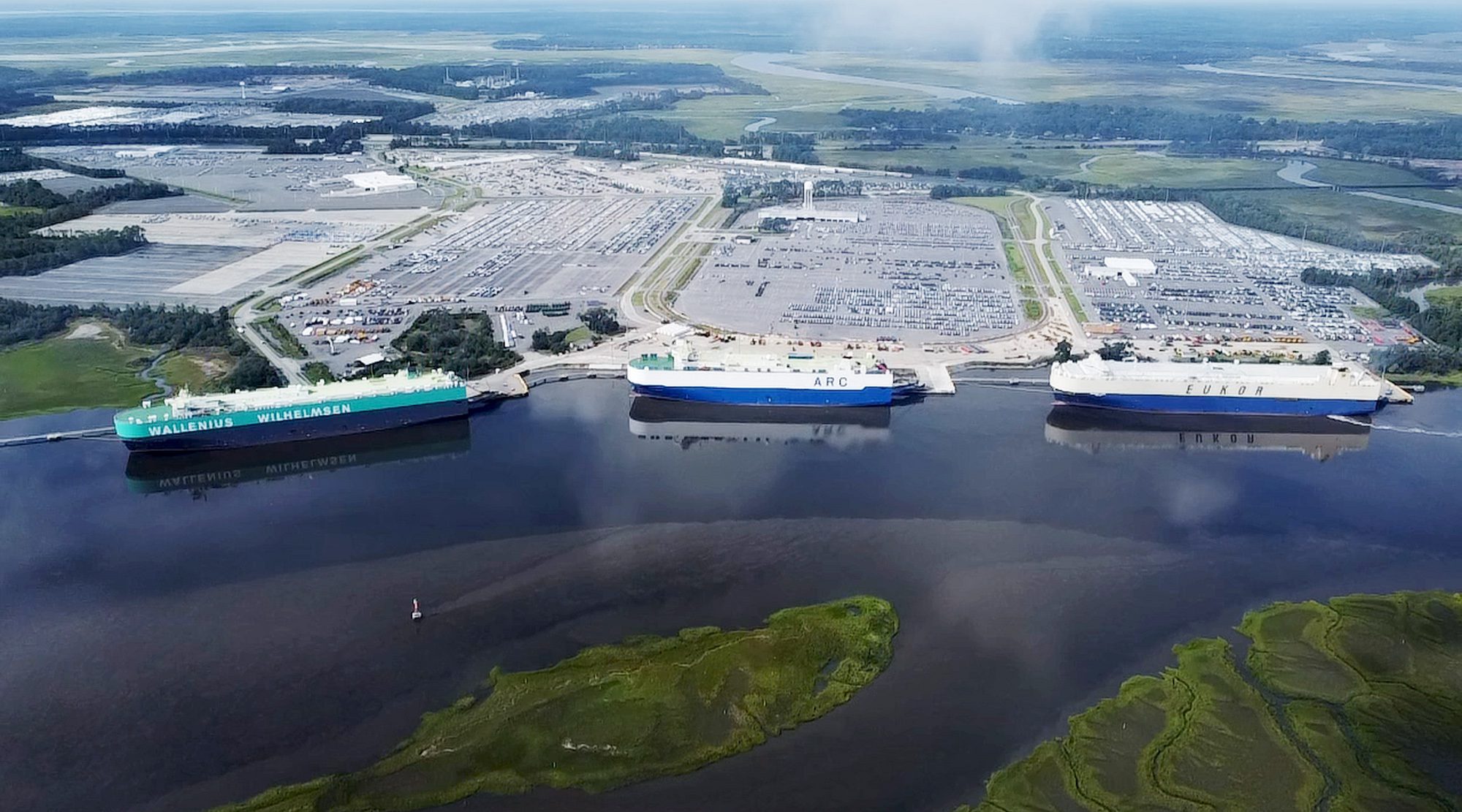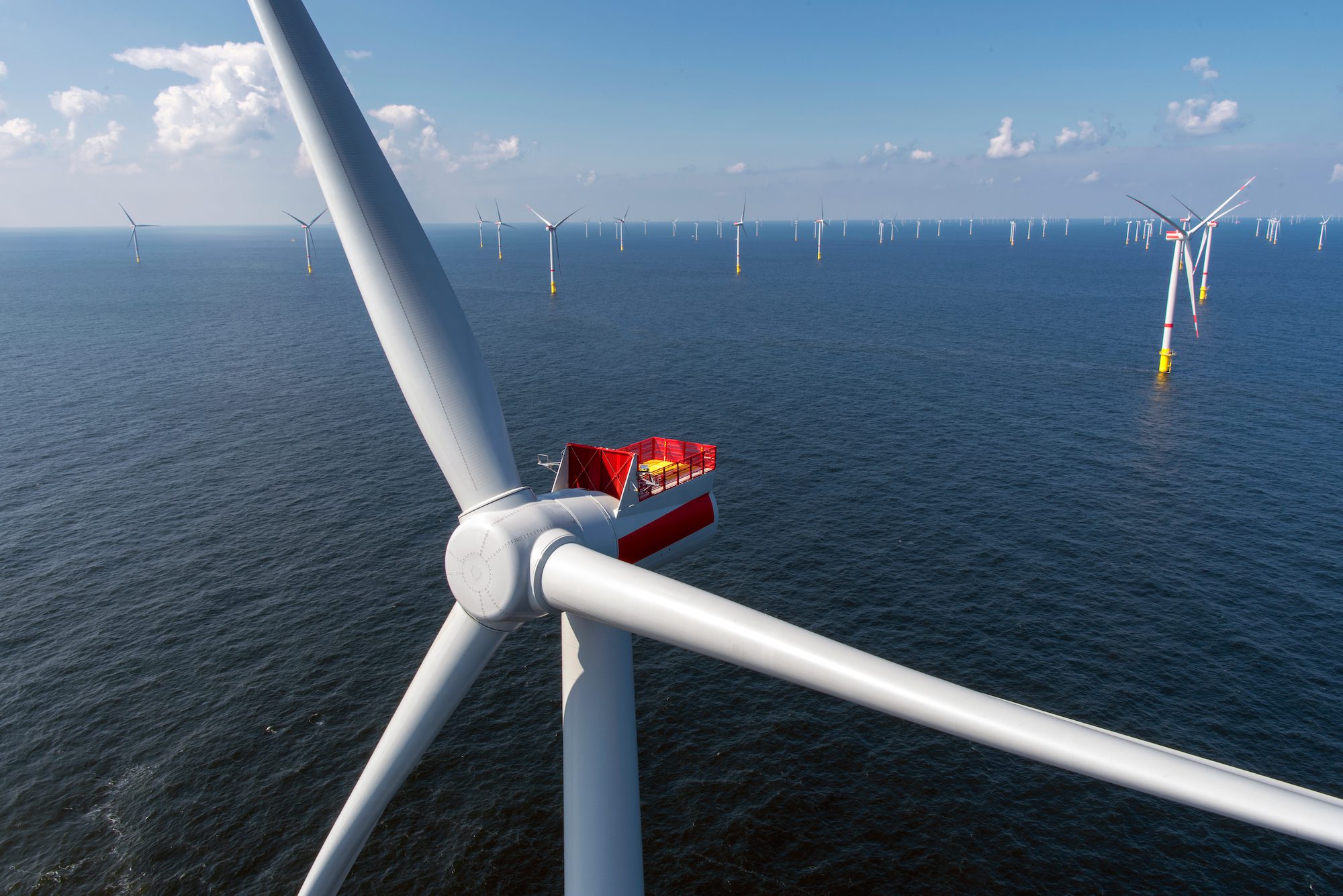A new vista is competing with the sun, surf and swimsuits at Rio de Janeiro’s iconic Copacabana and Ipanema beaches: a traffic jam of cargo ships belching exhaust that has hoteliers crying foul.
Cargo traffic at Rio’s port has almost tripled in the past three years as trade from Brazil’s second-largest city grows and Petroleo Brasileiro SA, the world’s largest deep-water oil driller, expands its servicing of ships and rigs developing recent offshore finds.
Residents and hotel operators say the daily lineup of as many as a dozen idling ships is a threat to Rio’s marine eco- system and a blemish on the city’s landscape, which the United Nations Educational, Scientific and Cultural Organization declared a world heritage site this year. They’ve taken their complaints to the naval authority in charge of regulating traffic in Guanabara Bay, demanding the congestion be relieved.
“Nobody likes to have a beach view packed with ships,” Alfredo Lopes, the president of Rio’s hotel association, said in a phone interview. “Imagine a big leak in Ipanema or Copacabana? It wouldn’t be anything pleasant,” he said, adding that he’s never seen similar bottlenecks during his lifetime.
The dispute is occurring as tourists flock to Rio in advance of the city’s hosting of the 2014 World Cup and 2016 Summer Olympics and after authorities reduced crime by cracking down on drug gangs. The city’s government last week asked the naval authority to seek alternative locations for the ships to anchor while they await entry to the port.
“We can’t let that our seafront, one of the most beautiful and well-known postcard views, become visually polluted,” Mayor Eduardo Paes said in a statement sent to Bloomberg News. “It needs to be preserved.”
Dredging Needed
Capitania dos Portos do Rio, as the naval authority is known, said in a statement that the only shipping channel deep enough to accommodate vessels with over 11.5 meters (37.7 feet) of draft passes two kilometers (1.25 miles) away from the shore.
New dredging investments should be carried out to create alternative channels for these ships, which represent about 30 percent of the maritime traffic, the Capitania said. There are no authorized anchoring areas off Ipanema and ships that park in that region are fined and asked to move away, it said.
Hotel occupancy is expected to rise to a record 84 percent average this year, compared with 82 percent in 2011, Lopes said.
Rio’s port received 2,281 ships in the first half of 2012, up 197 percent from 768 in the first half of 2009, according to Cia Docas do Rio de Janeiro, the city’s port authority.
-By Juan Pablo Spinetto. Copyright 2012 Bloomberg.
Unlock Exclusive Insights Today!
Join the gCaptain Club for curated content, insider opinions, and vibrant community discussions.

 Join The Club
Join The Club













